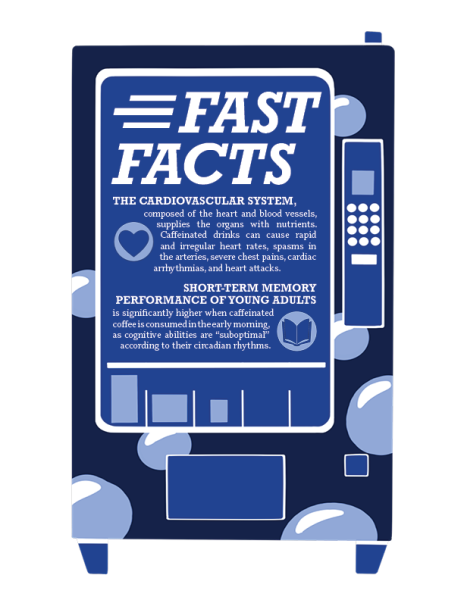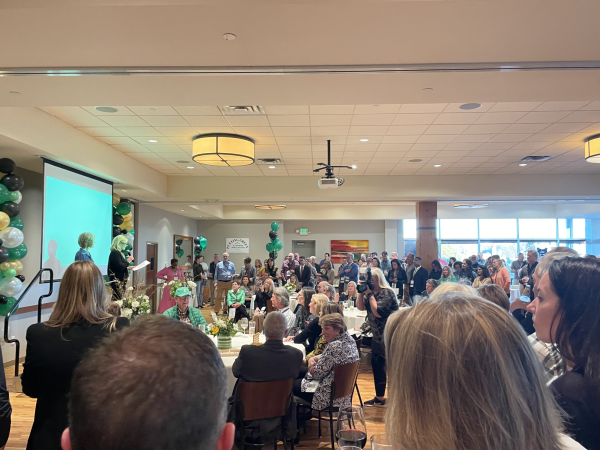Egger’s book of the month: The Monk of Moha
March 31, 2019
I stumbled upon The Monk of Mokha by Dave Eggers nearly a year ago in an airport bookstore. As a coffee fanatic, the book immediately piqued my interest. However, it was not until recently that I actually read the book. I actually gave the book to my mom for Christmas and read it before her (sorry mom).
The Monk of Mokha chronicles Mokhtar Alkhanshali’s journey from being somewhat of a lost soul to reviving the largely dormant coffee industry in Yemen. Eggers, a novelist well known for penning The Circle in 2013, tackles an entirely new genre in writing the biographical story of Alkhanshali.
The book is an interesting and informative read for anyone who has a passion for coffee or simply wants to know more about the drink. Through Alkhanshali’s life, Eggers explains the many nuances of coffee growing, processing, roasting, and brewing. Believing that I knew a good amount about coffee, I was surprised at how much I learned in reading The Monk of Mokha. For instance, I became acquainted with the rigorous process associated with becoming a Q-grader–a sort of accredited coffee taster. The journey to become a Q-grader requires one to become very well acquainted with the tastes of different coffees in order to pass 19 different tests that come at the conclusion of the course.
In addition to informing the reader about coffee, The Monk of Mokha also delves into the turmoil taking place in Yemen during Alkhanshali’s time there during 2015-2016. The Houthis, an Islamist political-armed movement; the Hadis, who back Yemen’s government de jure; and the Saudis, whom the U.S and Israel support, all are vying to assert influence in Yemen, causing rampant violence. The conflict in the region inevitably makes Alkhanshali’s work extremely difficult to conduct but also serves as a threat to his and his business partners’ lives multiple times throughout the story.
While Eggers’s writing is informative and is pleasing to read, there are several occasions in which he blatantly demonstrates his liberal bias and detracts from the actual story. For instance, he writes “This is 2015, fourteen years after 9/11, and seven years into the administration of President Barack Obama. As a nation we had progressed from the high paranoia of the Bush years; the active harassment of Muslim Americans had eased somewhat.” While many would likely agree with Eggers’s assertion that Islamophobia is a terrible issue, his assertion that Islamophobia was worse partially due to the actions of the Bush administration is unnecessary in the telling of the story of an American pursuing his entrepreneurial dreams via coffee importing.
The Monk of Mokha is a book that is fairly well-written, enjoyably readable, and informative not just about coffee, but also about the Middle Eastern geopolitical scene. While there are instances in which Eggers offers his unwarranted political leanings to the readers, it is otherwise a pleasant read. I would recommend it to anybody curious about the subtleties of coffee, Middle Eastern history, or even just interested in reading an adventurous story.




